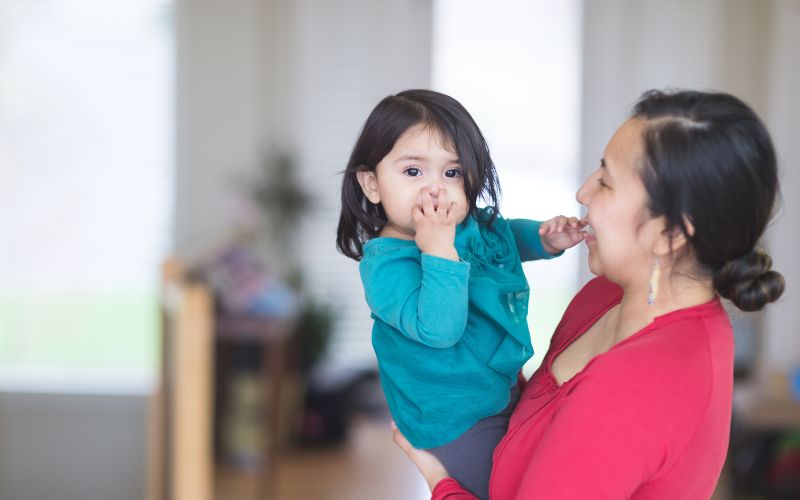
- Details
- By Kaili Berg
Indigenous communities in the U.S. and Canada face infant mortality rates nearly twice as high as the general population, according to a report from the National Institute of Health.
To address this disparity, the Montana-based leadership program Spirit Aligned Leadership is collaborating with the National Council of Indigenous Midwives to empower teams of Native women elders and younger women to develop and implement community projects designed to promote cultural practices and midwifery approaches.
"We are honored to work with generations of Indigenous women committed to the health of babies and families while preserving cultural practices that are foundational to keeping our communities whole," Katsi Cook, executive director of Spirit Aligned Leadership and a citizen of the Mohawk Nation at Akwesasne, said in a press release. "These women are the keepers of ceremonies, leaders, mentors, and knowledge holders who pass on important health values to the next generation."
Indigenous midwives play a vital role in providing prenatal birth and postpartum care within a culturally familiar context, fostering trust and comfort among expectant mothers and their families. This approach often results in improved health outcomes, such as reduced medical interventions and increased breastfeeding rates.
Additionally, Indigenous midwives help address health disparities and enhance access to quality maternal care in remote and underserved areas.
"Indigenous midwifery is a movement of survival," Gail Small, program director of Spirit Aligned Leadership and a citizen of the Northern Cheyenne Tribe, said in a press release. "We face centuries of colonization and systemic racism within healthcare systems, leading to poorer child and infant health outcomes and deep-seated institutional distrust. We know Indigenous midwifery saves lives and strengthens the community."
According to the NIH, First Nations people in Canada experience nearly twice the infant mortality rate compared to non-First Nations people. Similarly, the U.S. Department of Health and Human Services reports that American Indian/Alaska Natives have almost twice the infant mortality rate of non-Hispanic whites, with Indigenous infants being 2.7 times more likely to die from accidental deaths before their first birthday.
The World Health Organization states that midwifery care, including family planning, could prevent 83 percent of maternal deaths, stillbirths, and infant deaths.
"Access to birth and reproductive healthcare is a fundamental human right, which Indigenous communities have not been afforded equitably," Carol Couchie, an Indigenous midwife participating in the program and a citizen of the Ojibway Nipissing First Nation, said in a press release. "Indigenous midwives were once crucial to every Indigenous community, and we know they can be again. We will need to see more investment into Indigenous communities from outside parties to get there."
More Stories Like This
This National Cancer Prevention Month, Reduce Your RiskNew Mexico Will Investigate Forced Sterilization of Native American Women
USDA Expands Aid for Lost Farming Revenue Due to 2025 Policies
Two Feathers Native American Family Services Wins 2026 Irvine Leadership Award
Bill Would Give Federal Marshals Authority to Help Tribes Find Missing Children


